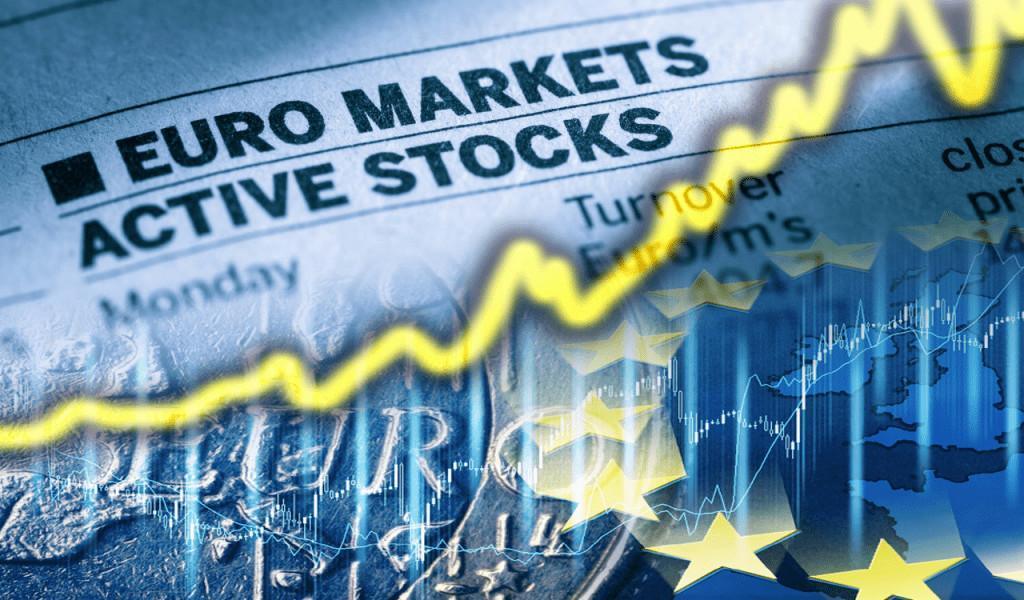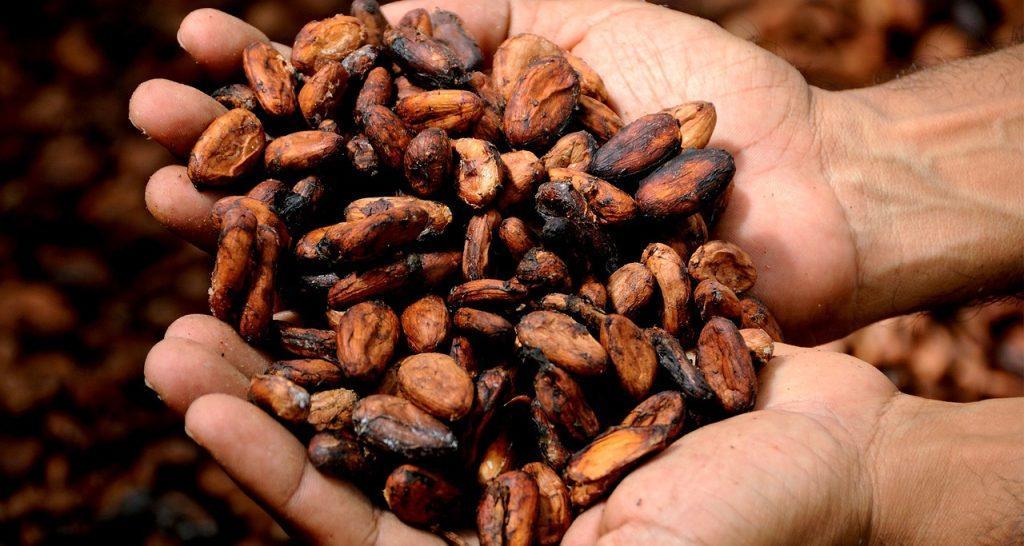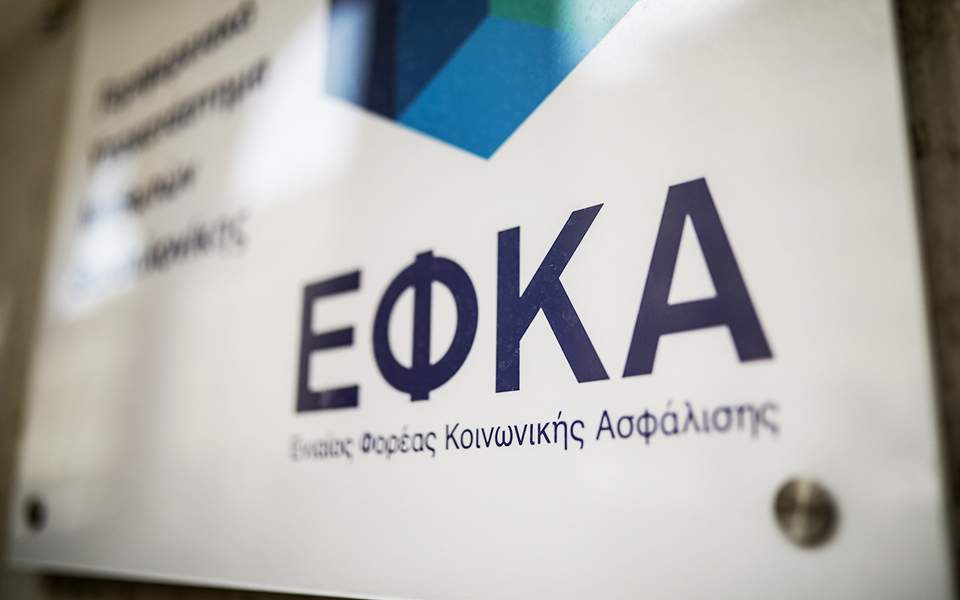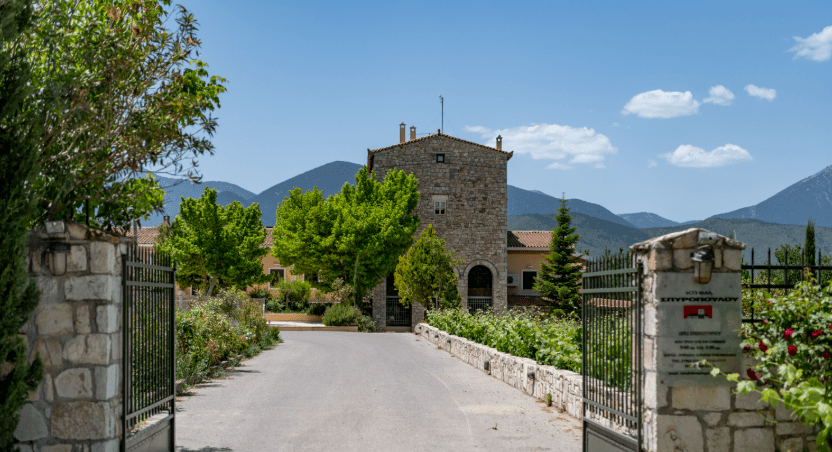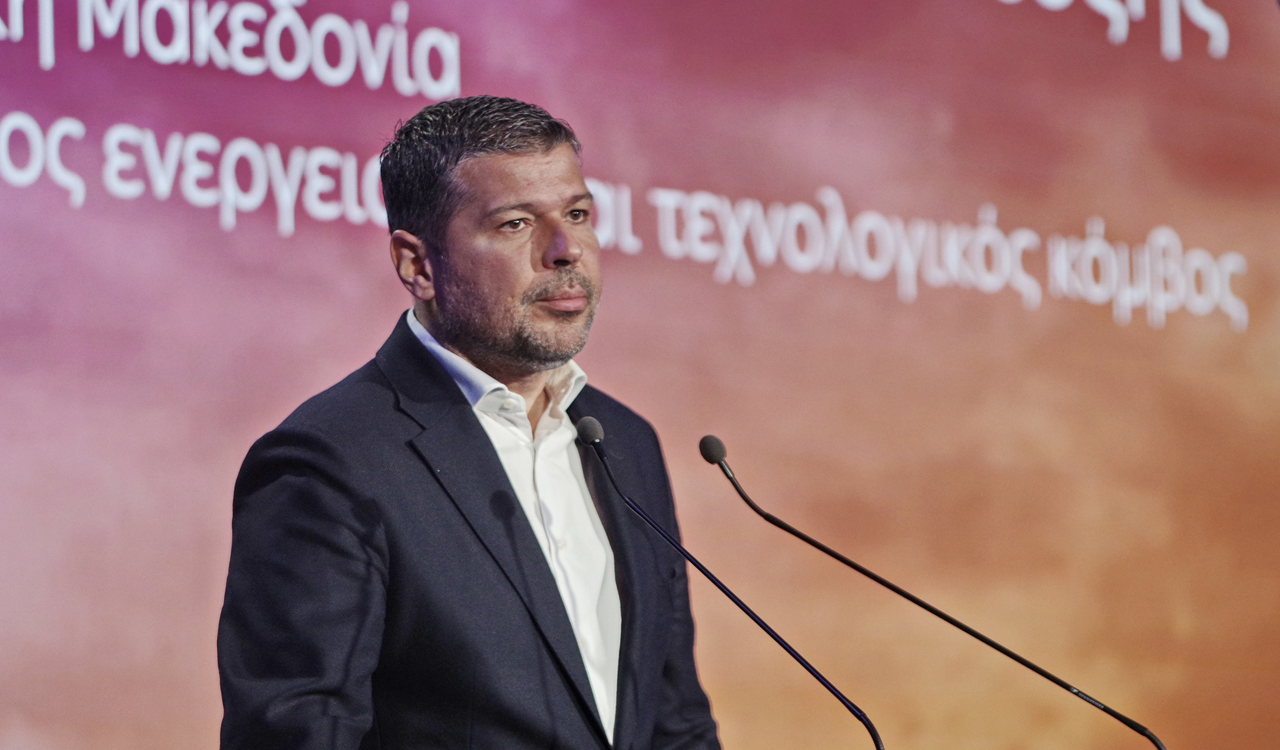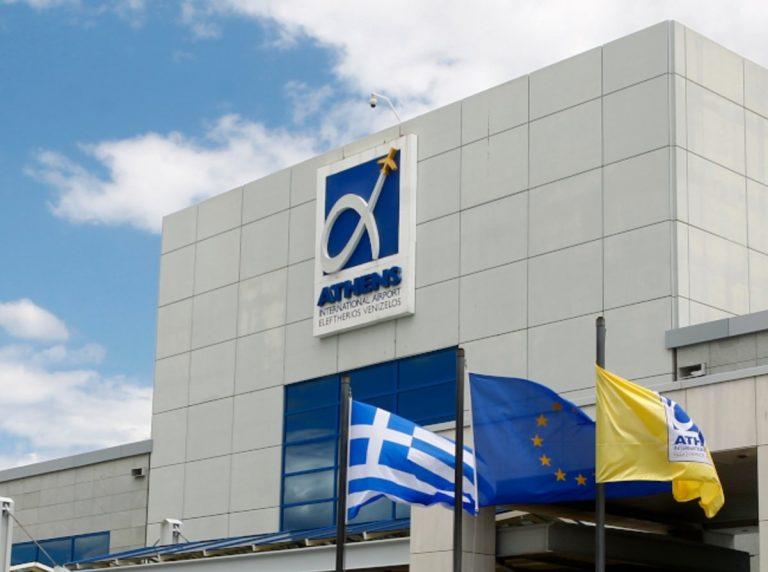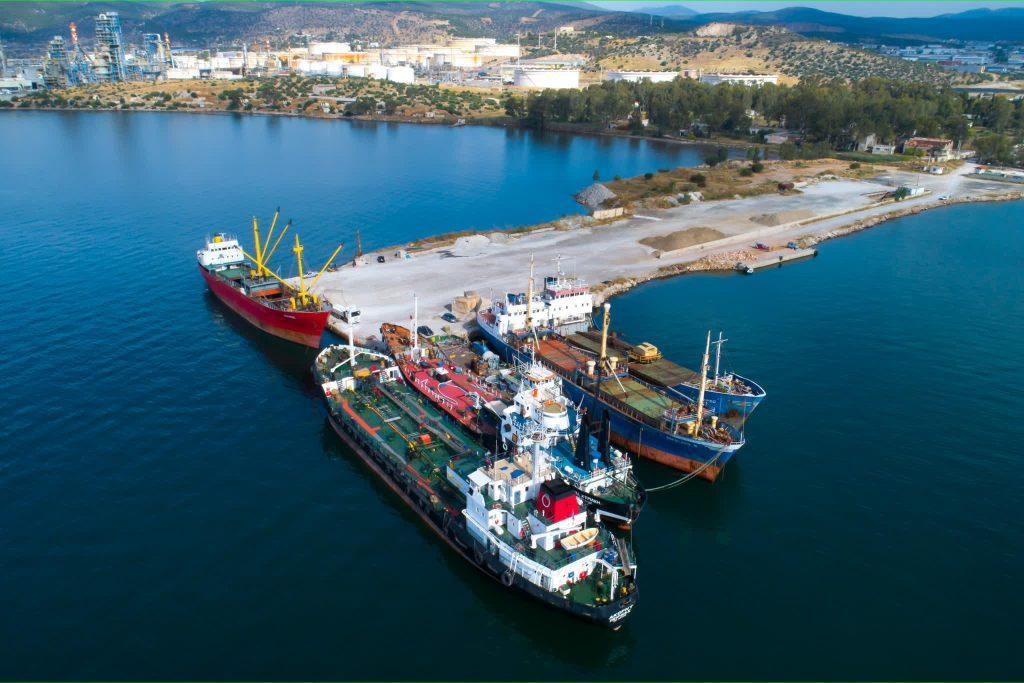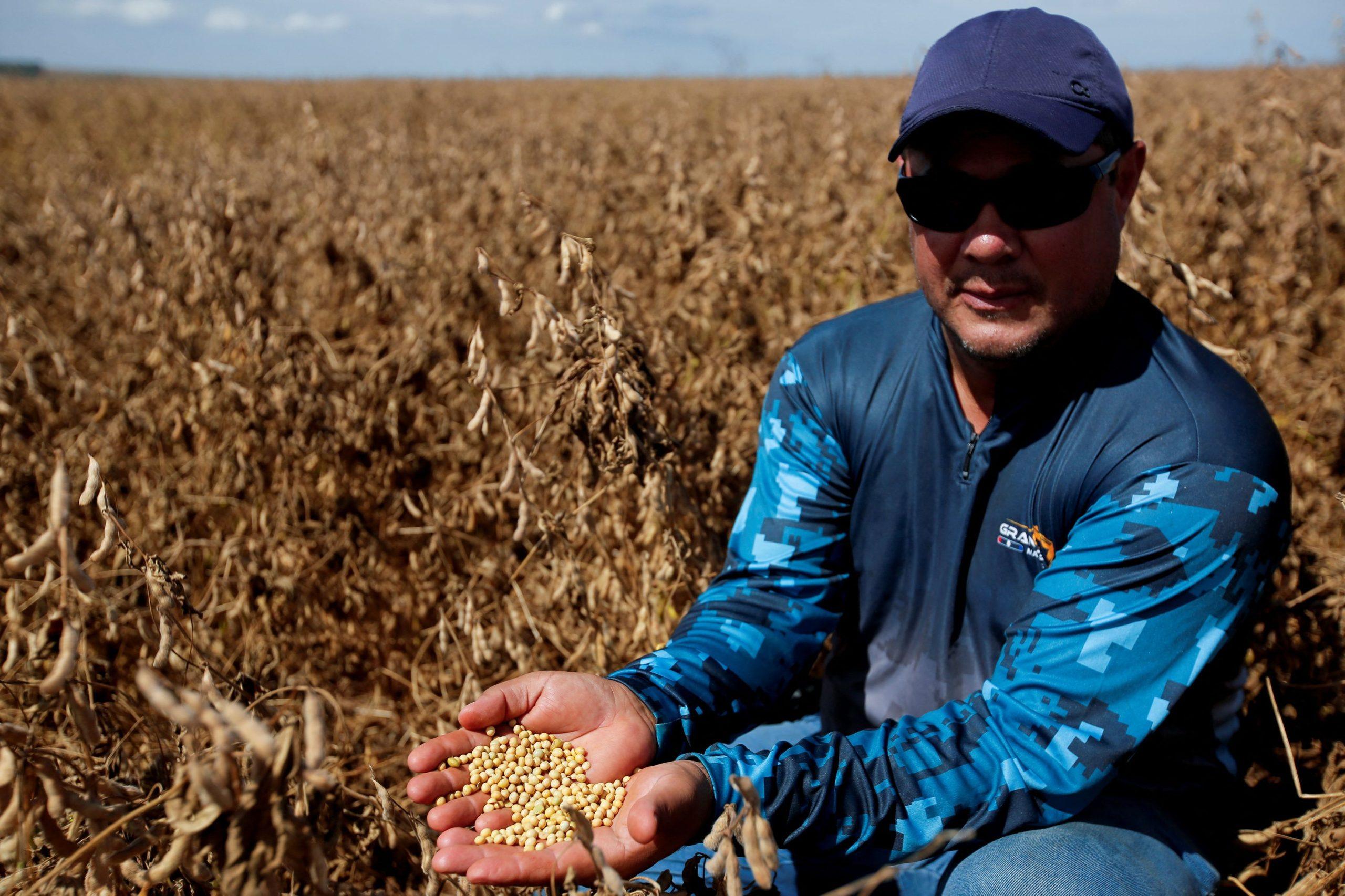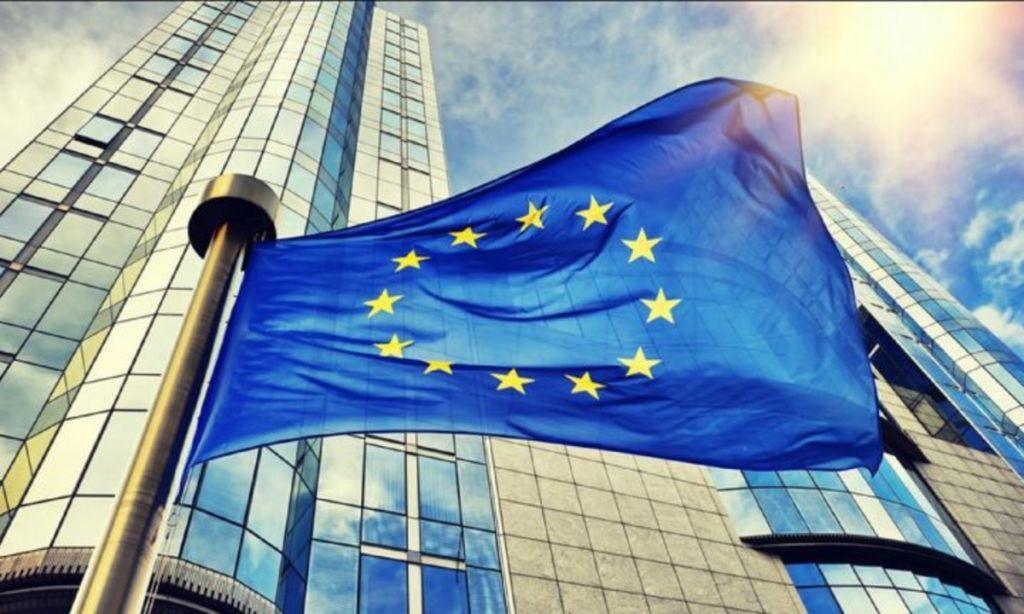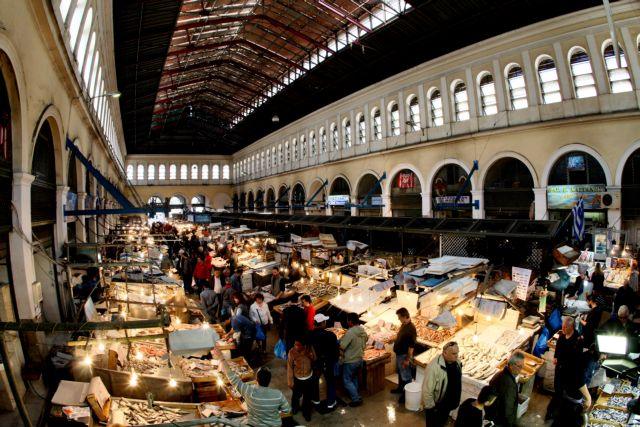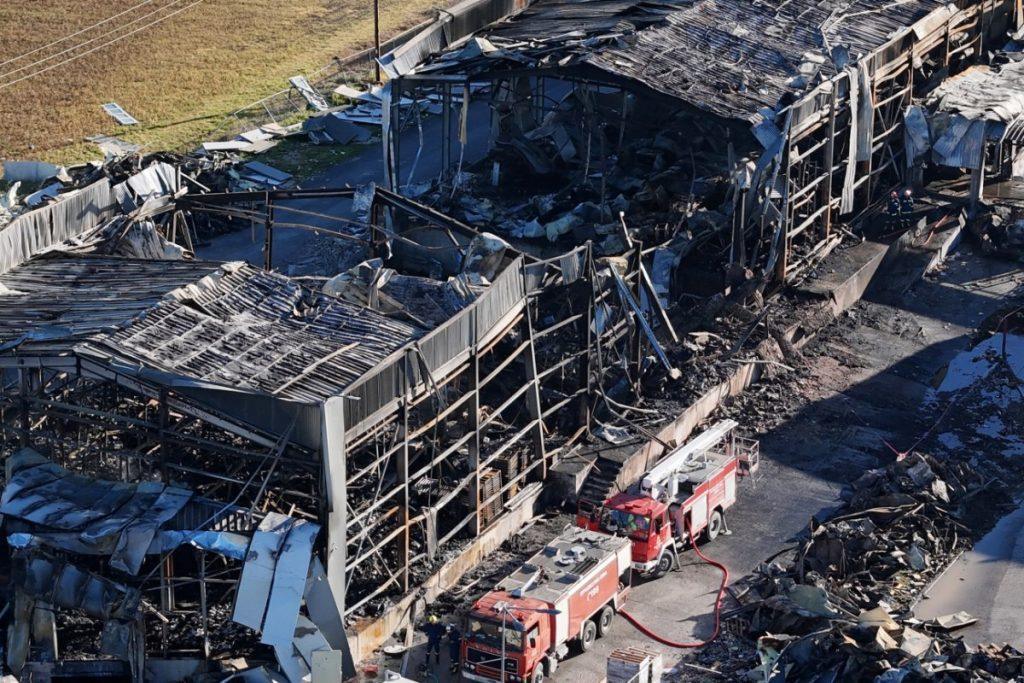Deloitte Greece has published the results of the credit risk impact assessment exercise from the transition of Greek businesses to the green economy entitled “Transition risk exploratory impact assessment exercise for Greek Large Corporates” prepared by the Climate & Environmental Credit Analytics team of Risk Advisory. The Assessment Exercise was based exclusively on a sample of large Greek companies and was carried out based on the framework developed by Deloitte at a global level regarding the measurement and quantification of climate and environmental risks.
In more detail, 821 large Greek companies with an annual turnover of more than 20 million euros, from 96 sub-sectors of the Greek economy, were evaluated on 31.12.2021. In the context of the exercise, the three (3) alternative scenarios of the Network for Greening the Financial System (NGFS) with a time horizon of thirty years were examined, regarding the price of carbon dioxide specifically:
orderly transition scenario
disorderly transition scenario
non-action scenario (hot house world)
Main conclusions
The main conclusion of the exercise is the fact that a late transition implies a significantly increased credit risk compared to an early transition scenario as indicated by the increase in the levels of PDs (probabilities of default).
Specifically, under the late transition scenario, PDs increase by 2.8 times (i.e. 180%) compared to their current levels, with the maximum point observed at t+18 (i.e. around 2039). On the contrary, the early transition scenario seems to lead to a maximum increase of about 88% compared to the existing levels, with the maximum point observed in time at t+12 (ie around 2033).
It is noted that under the scenario of no action no impact arises due to the risk of transition, but it should be noted that the final impacts should take into account the aggravation of natural risks, which were not taken into account in the context of this exercise.
With regard to the impact at the level of economic sectors, it appears that the greatest impact is found in those of energy, mines and quarries, construction, as well as transport, which are mostly characterized as carbon dioxide emission intensive sectors (carbon intensive sectors).
With reference to the main determining factors of the impact beyond the intensity of emission of carbon dioxide pollutants (carbon intensity), the analysis shows that the existing levels of profitability are also an important determining factor (driver) of the impact which is consistent with business logic as it was observed that profitably robust businesses show greater resilience on the way to their transition under any scenario.
According to Spyridon Bisisidis, Partner, Financial Risk Management Leader, Risk Advisory, Deloitte: “The transition to the green economy is in itself a prime business opportunity for financial institutions to achieve business growth through plan financing transition of their customers. In this context, the measurement of climate and environmental risks is a matter of major importance in order to draw useful conclusions regarding the dynamics of the sectors (sector dynamics), as well as the level of resilience (level of resilience) of the creditors in order to optimize the business decision-making process and the effective management of these risks by financial institutions”.


